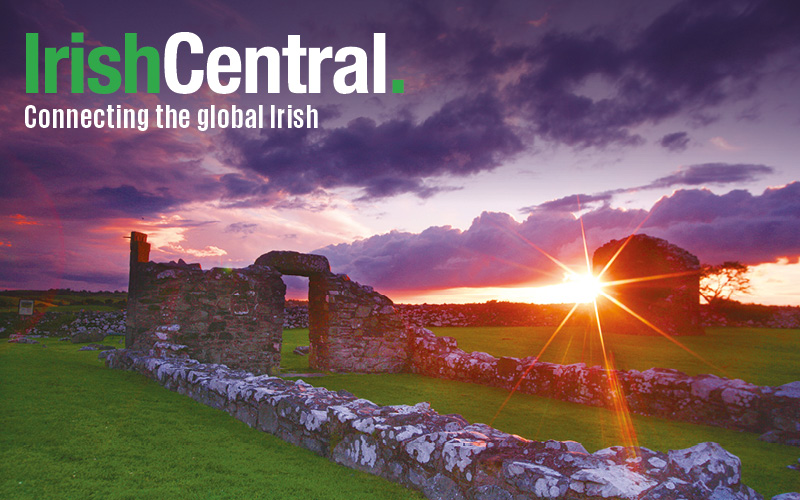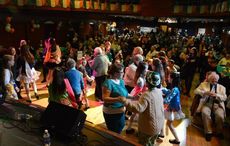Father Stephen Kearney, who comforted victims of the 1993 shooting at the Rising Sun pub in Greysteel, Co Derry said that people remain narrow-minded.
In October 1993 two members of the loyalist Ulster Freedom Fighters (UFF) shouted “trick or treat” before shooting and killing seven party goers at the pub in the mainly Catholic town. Another died later from his injuries. The shooting was a reprisal for a deadly IRA bomb attack on a fish shop on the loyalist Shankill Road in Belfast earlier in the week.
Reflecting, Kearney told the Belfast Telegraph, “We are as narrow-minded and defensive and as much led by the next mob orator who proclaims bitterness against an enemy as ever Ireland was.” He continued, “There is peace in so far as structures are set up but there is a lot of falsehood and lack of opportunity being seized by people.”
He remembered standing outside the pub minutes after the shooting. “There was a sense that this was unreal, like watching an old black and white film.”
Kearney commented how people tried to return to a sense of normalcy. “There was very little outrage or hysteria, there were tears and real heartbreak, that has been part of the experience. There was the pain but not the outright hysteria or shouts of anger.”
He added, “They were not activists and they were sacrificed to the hatred and bitterness cultivated by the society we lived in then and the leaders were not giving leadership out of that culture of hatred.”
Negotiating a peace agreement was a difficult process. Sunningdale, which proposed a power-sharing agreement had been rejected in 1973. The 1985 signing of the Anglo-Irish Agreement, which gave Dublin a say in the affairs in Northern Ireland for the first time, was an important step, although it provoked much protest at the time. Despite the ongoing violence in 1993, Social Democratic and Labour Party (SDLP)’s Hume, who famously cried at Greysteel, began talks with Gerry Adams from Sinn Fein. Kearney said about him, “Hume risked his life and career, very few people took risks like that, and John Hume did lose.”
In December 1993, the Downing Street Declaration’s argument for self determination for the people on the island of Ireland and statement that the British government’s role was to encourage and facilitate the process marked an important step in the peace process. The Good Friday Agreement signed in 1998 was the first agreement accepted by both sides. It created the Northern Ireland Assembly and new cross-border institutions.
Kearney commented about his experience, “All groups, including churches, are pretty good at setting up structures to deal with things but structures take a long time to get to the heart and emotions.”




Comments